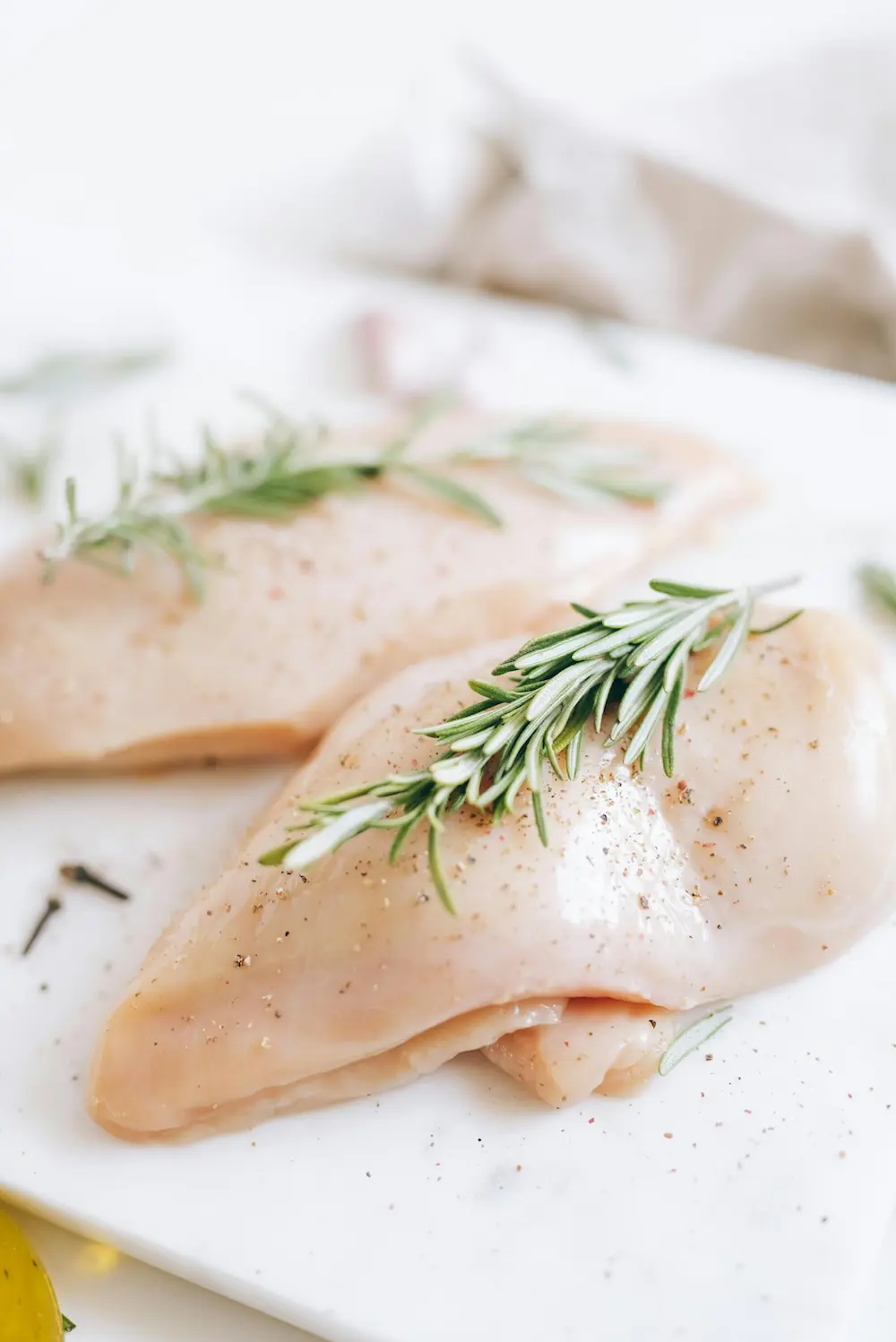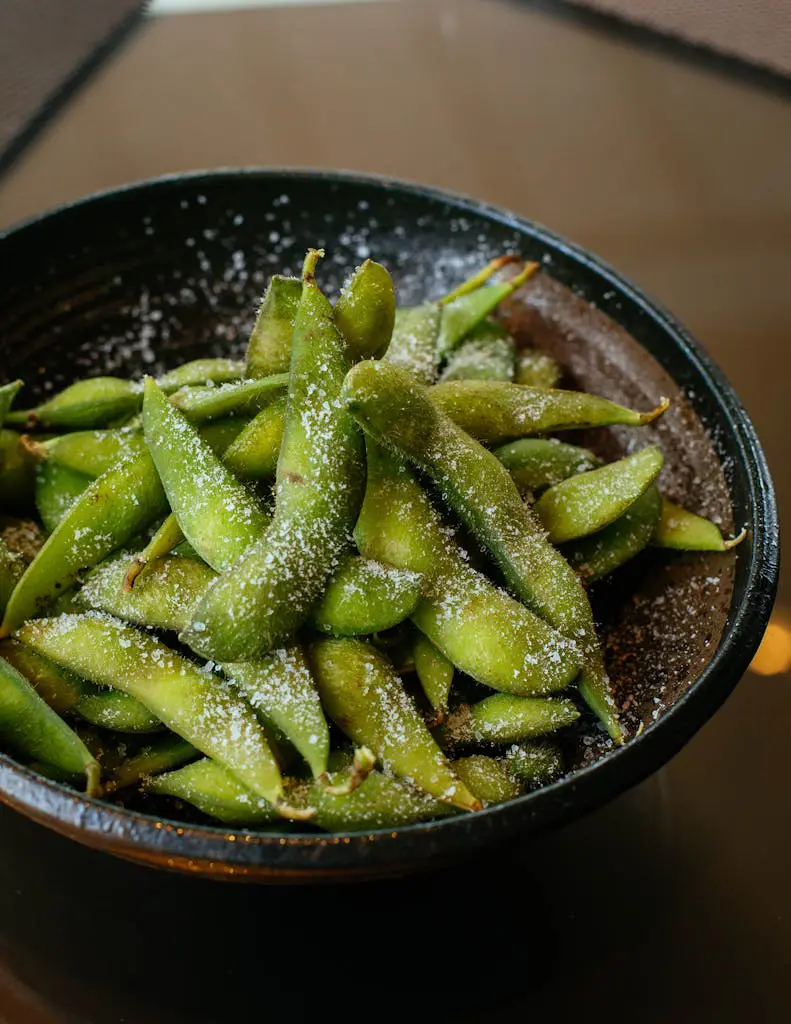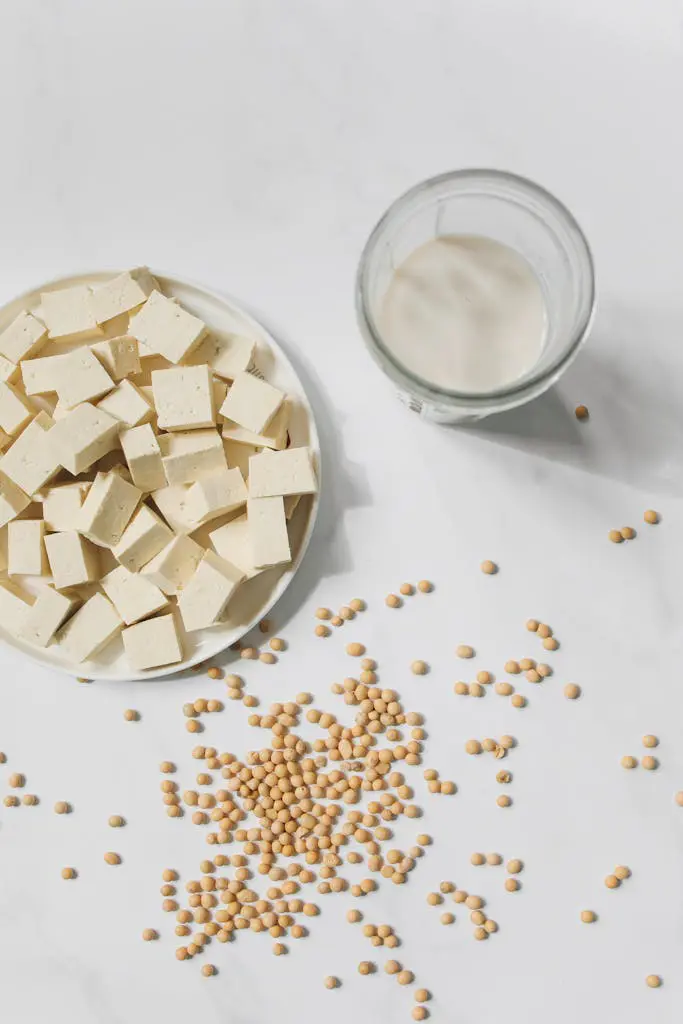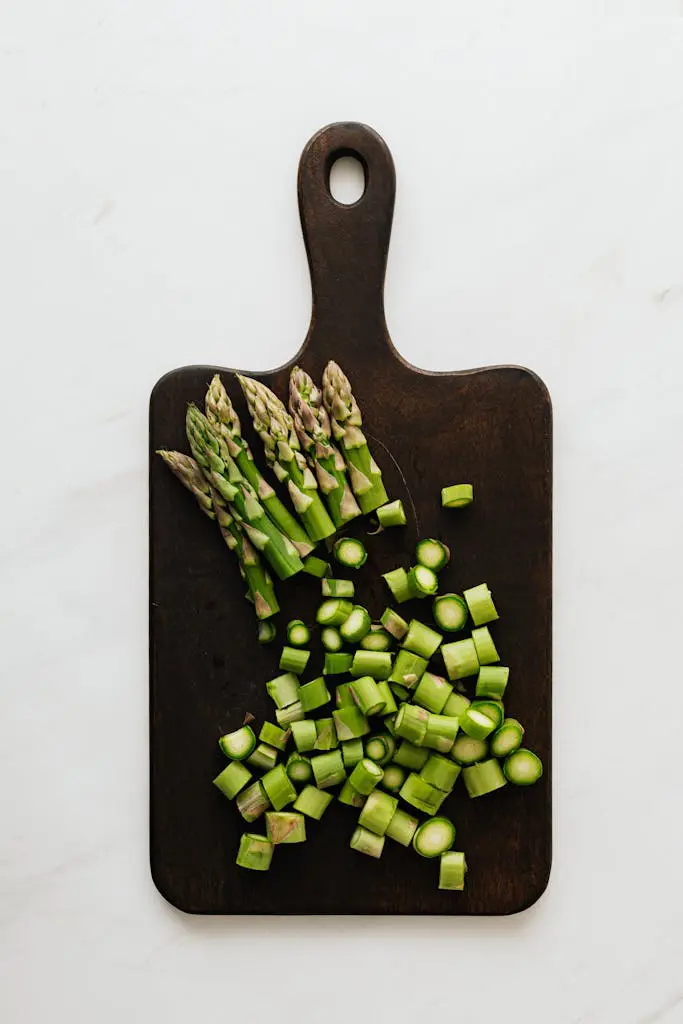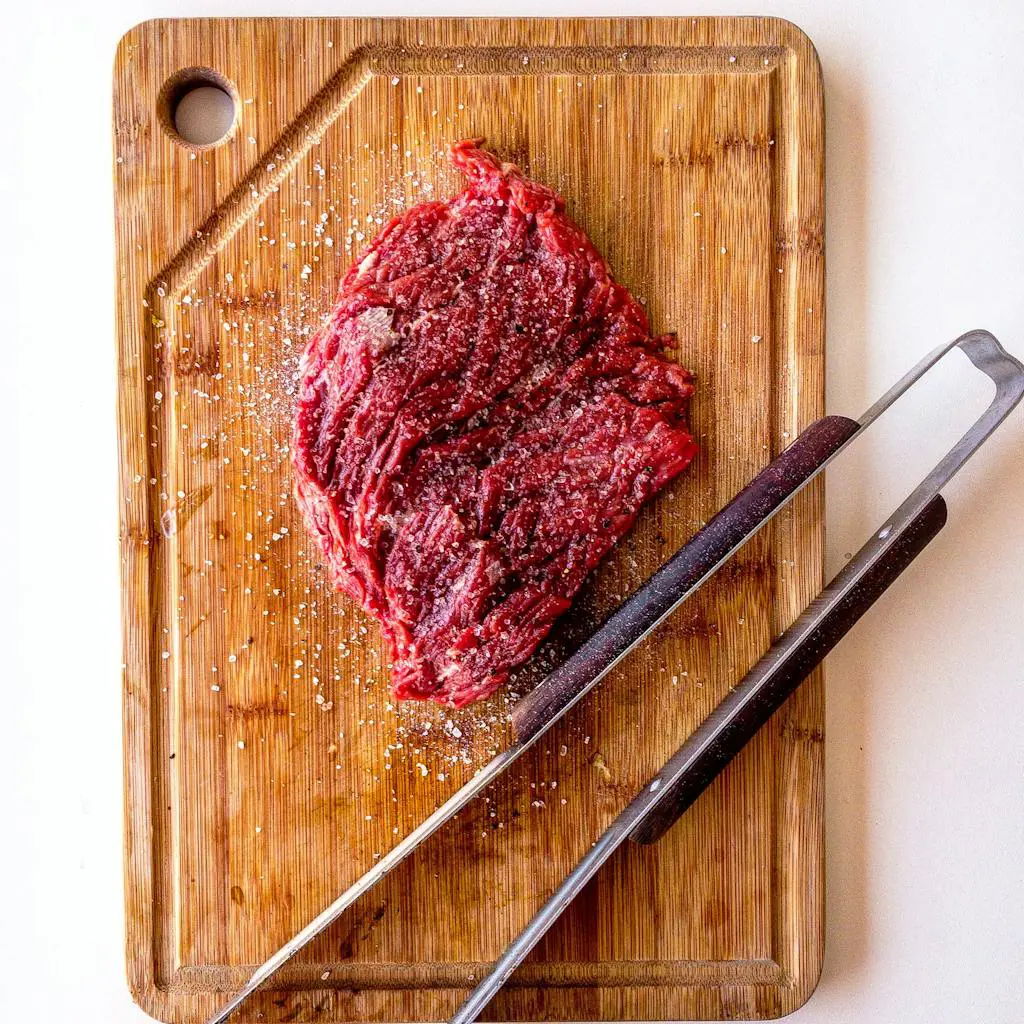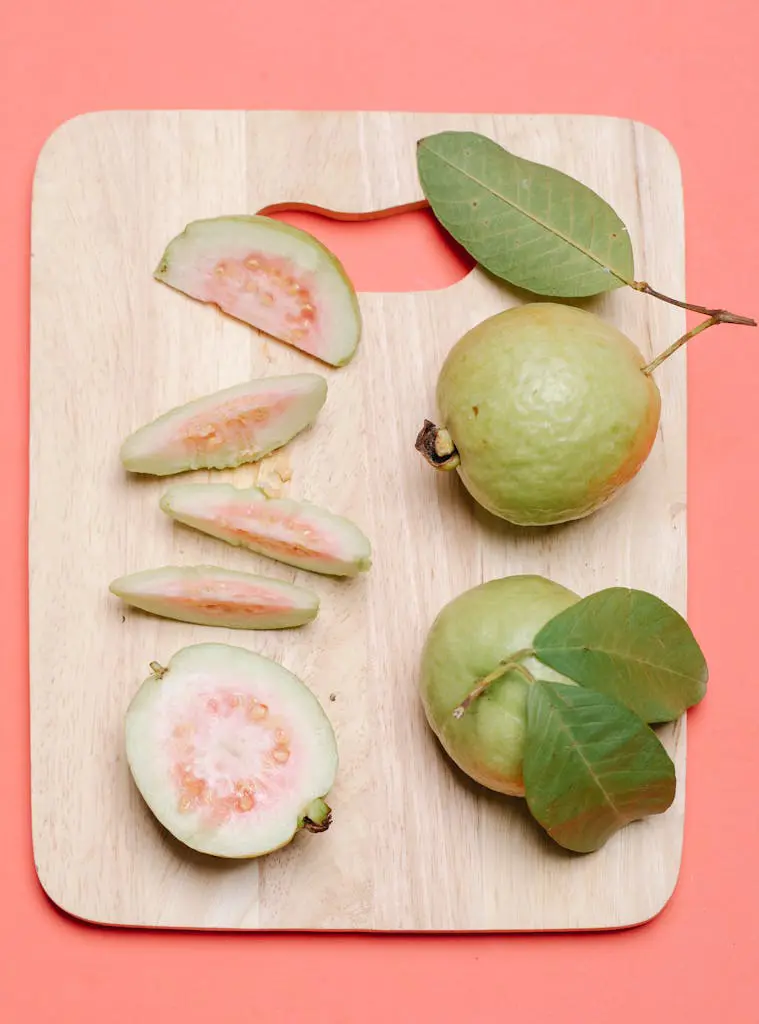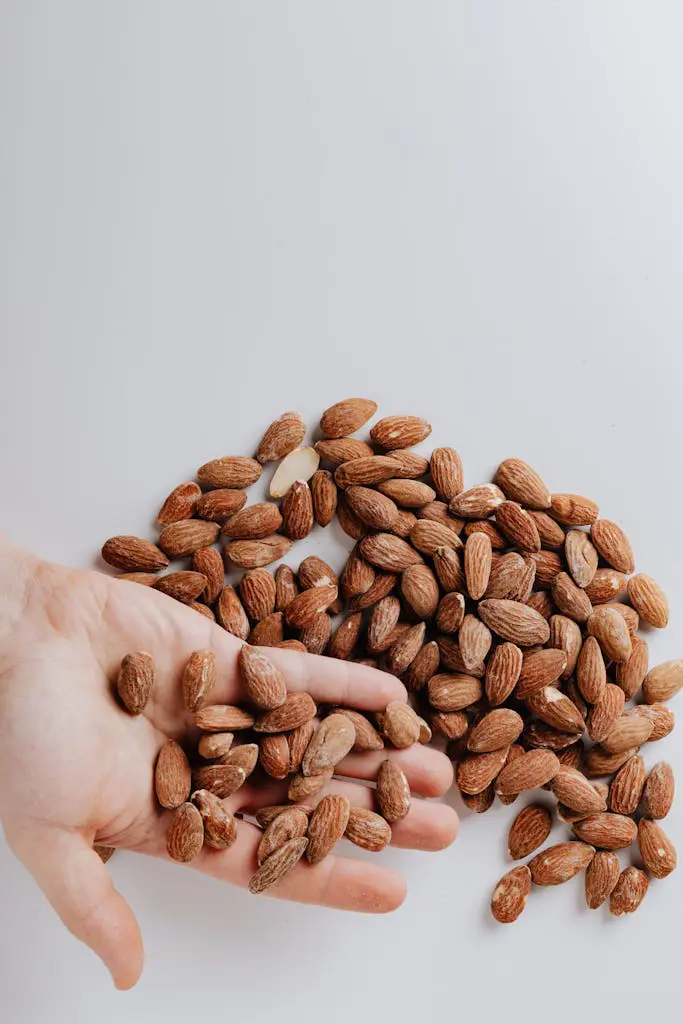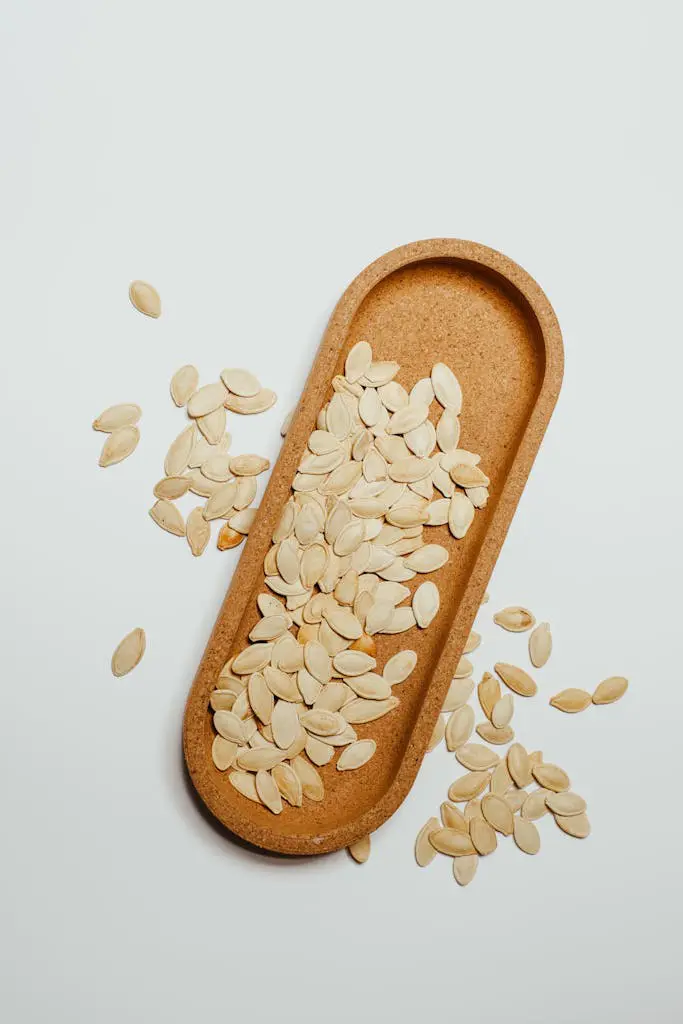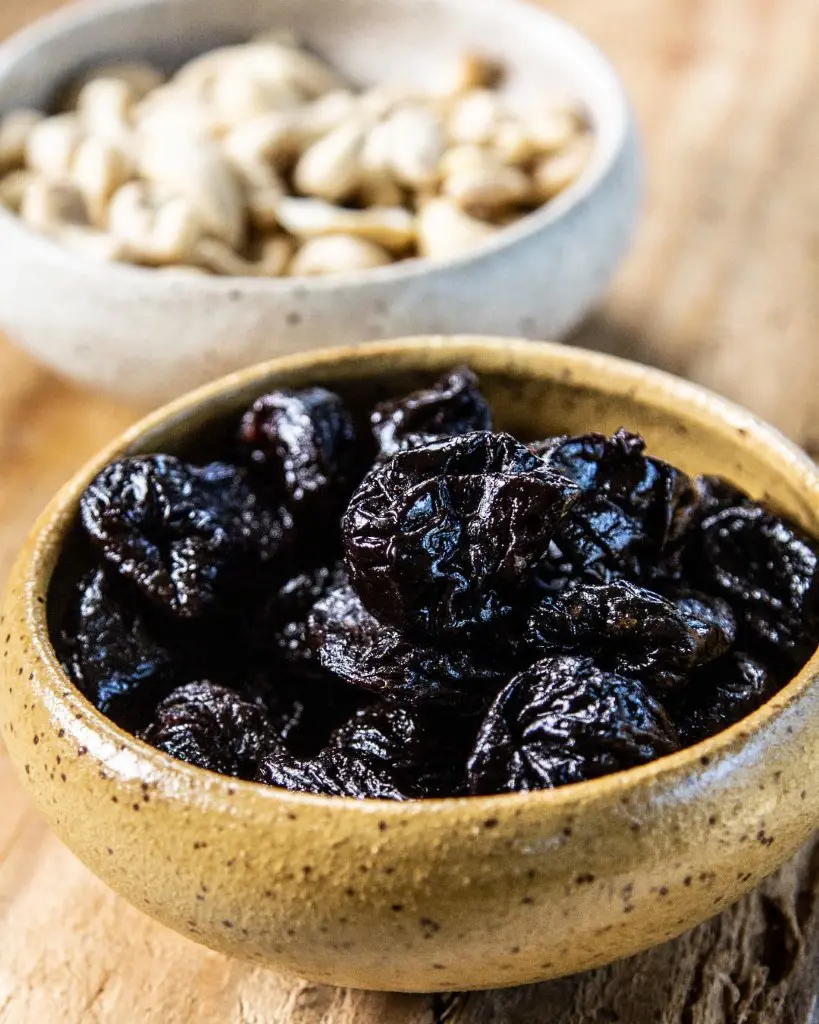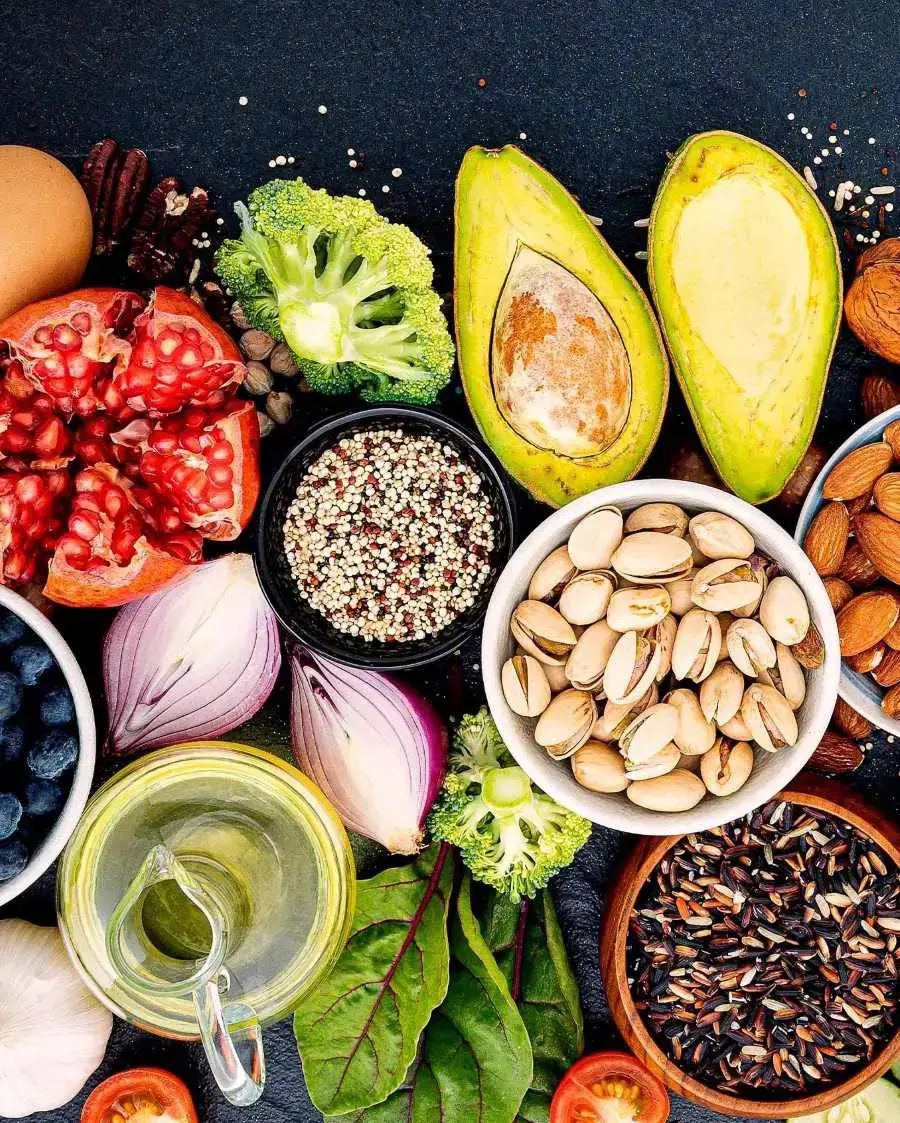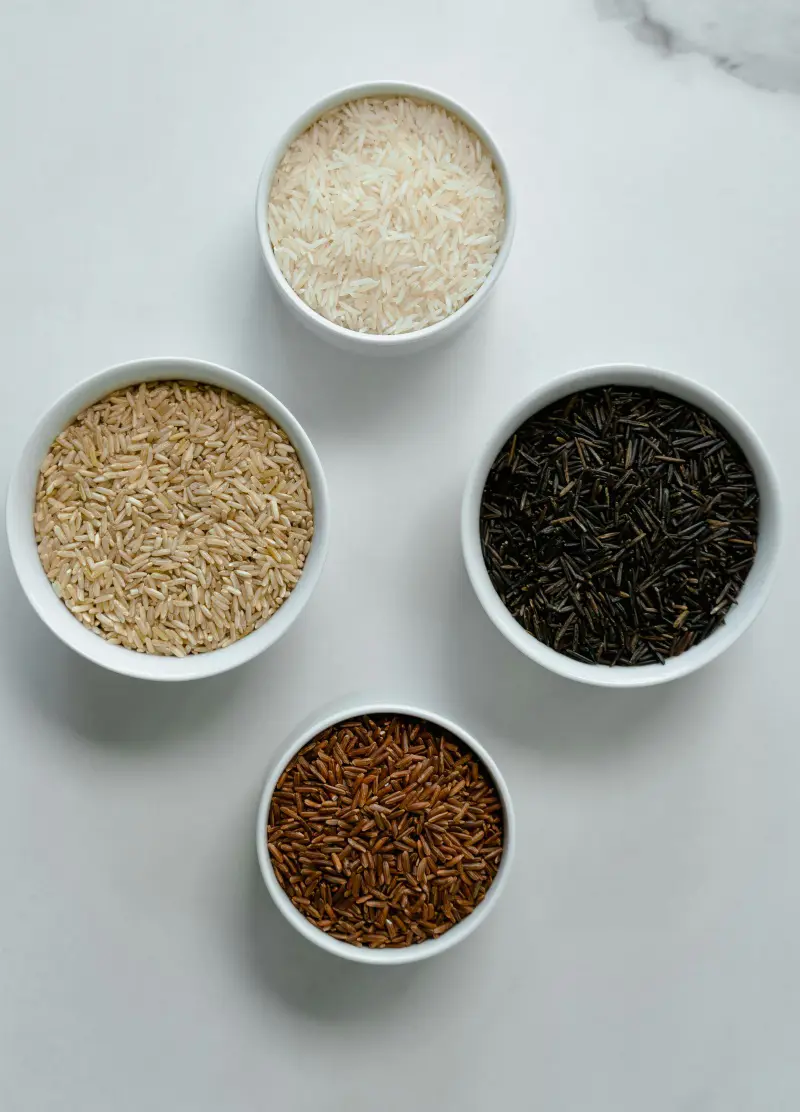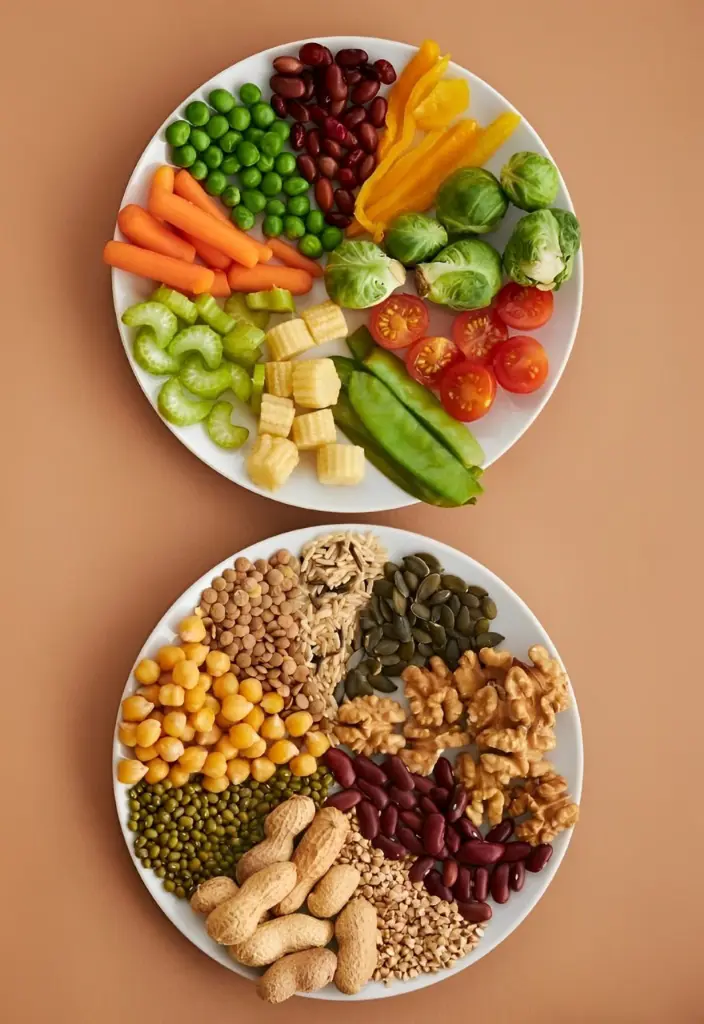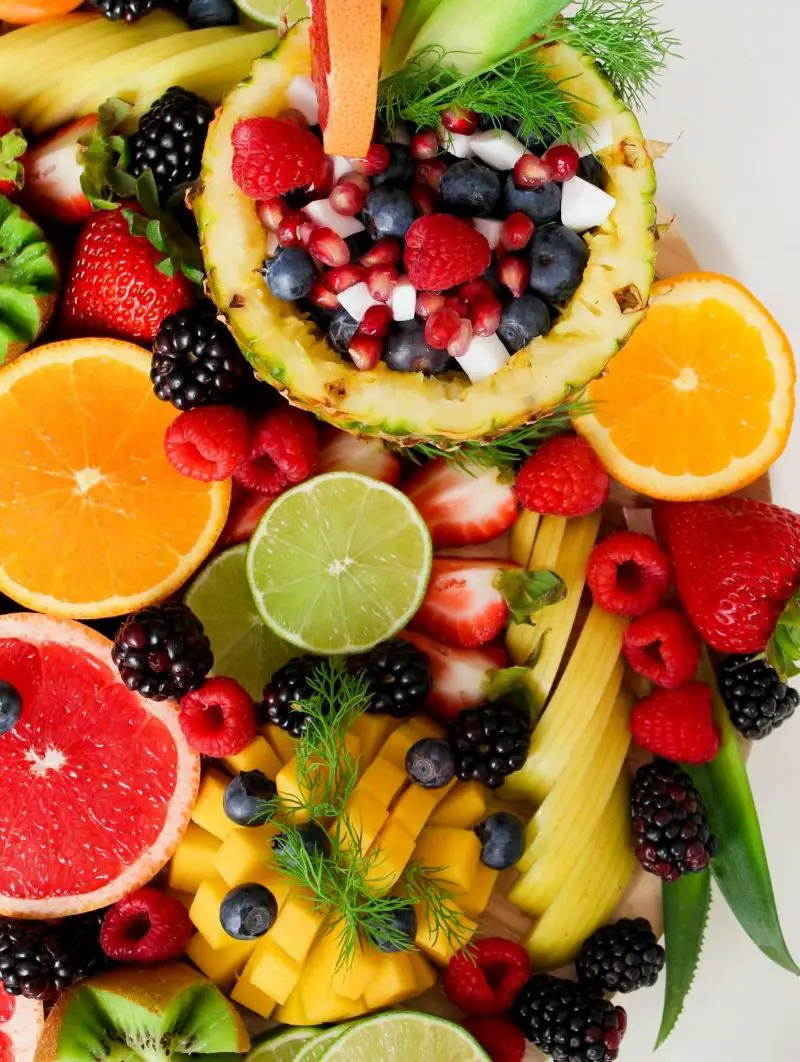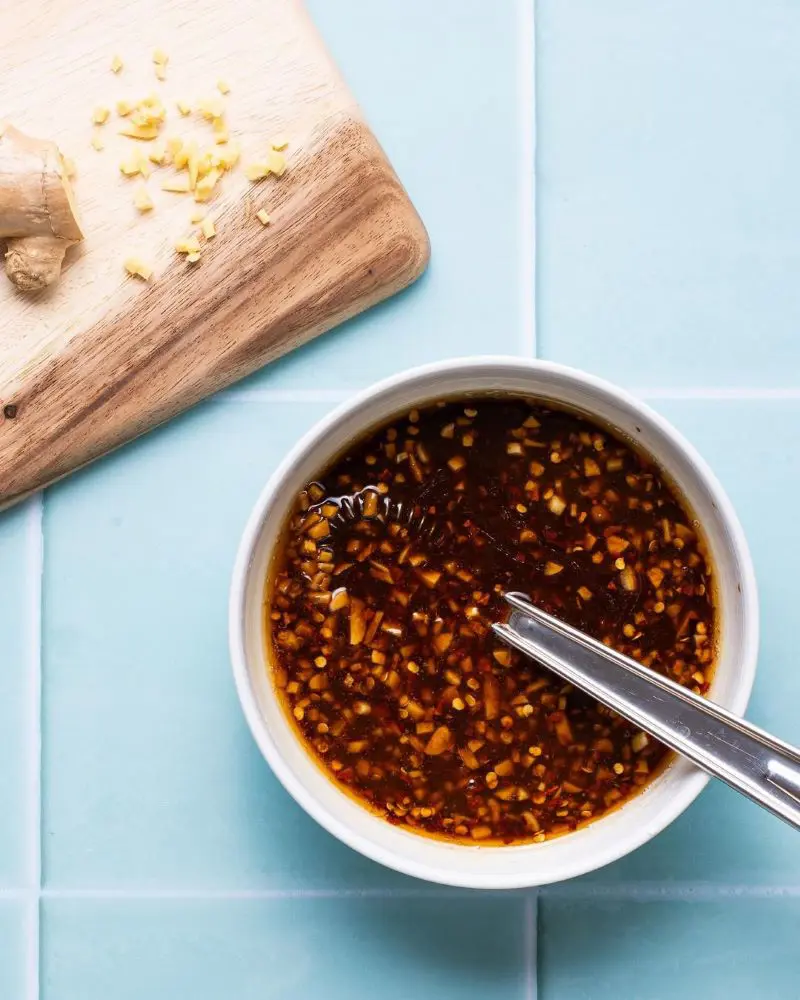1. Salmon

Seafood is an excellent choice for lean sources of protein. It's rich in essential nutrients like heart-healthy omega-3 fatty acids and contains less saturated fat and cholesterol than other animal proteins.
Eating fish at least once a week has been linked to a 15 percent lower risk of death from cardiovascular disease compared to not eating fish at all. Fish consumption has also been associated with a reduced risk of diabetes.
Salmon stands out as a particularly good option in the seafood category. A 3-oz serving of salmon provides 121 calories, 16.8 g of protein, only 0.8 g of saturated fat, and 5.4 g of total fat, making it a nutritious and lean protein choice.
